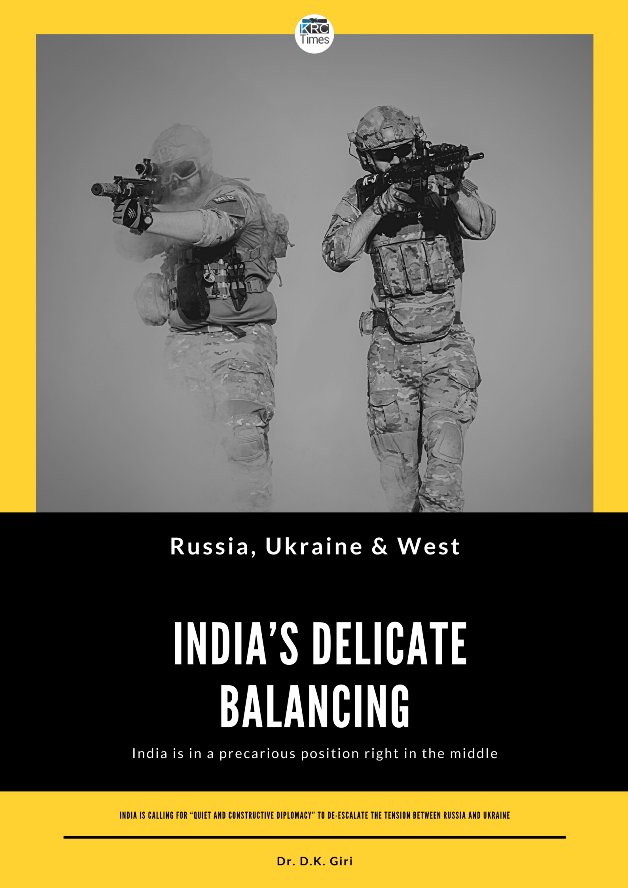China has yet not met their three other demands. These are “withdrawal of the “riot” description used about the protests by the authorities; Amnesty for all arrested protesters, and an independent inquiry into alleged police brutality.

Announcing withdrawal of the Extradition Bill has in fact been a strategic move of China to downplay the accusation of world fraternity of denying and crushing the democratic rights of the Hongkongers
But this move of Beijing does not appear to cut much ice as the protesters continue to find fault with the Chinese move. The protesters’ demands had spiralled into calls for a much wider set of reforms. Their main demand has been universal suffrage for the elections of the chief executive and Legislative Council, Hong Kong’s parliament.
China has yet not met their three other demands. These are “withdrawal of the “riot” description used about the protests by the authorities; Amnesty for all arrested protesters, and an independent inquiry into alleged police brutality.
From the beginning of the protest, China has been nursing the view that it was engineered and patronised by the western and capitalist powers. The appeal of the Pro-democracy protesters to President Donald Trump for help and their actions have simply strengthened the Chinese notion.
The protester even watched to the US consulate general in the city carrying banners which read, “President Trump, save Hong Kong”, “liberate Hong Kong from China” and “Make Hong Kong great again”. The protests, now in their 14th straight week, have continued despite Hong Kong’s leadership finally meeting one of the protesters’ key demands.

Obviously this nature of protest has infuriated China and views it as a move to demean and insult it. True enough China has consistently warned other countries not to interfere. On a number of occasions China said that the situation in Hong Kong, a former British colony handed back to China in 1997, was purely its own internal affair.
China has outright rejected protesters’ appeal to US to certify Hong Kong’s high degree of autonomy on an annual basis to justify its special trade status. This would according to China be against the spirit of the China-UK agreement. It could also expose Chinese officials to US sanctions if they were found responsible for suppressing Hong Kong’s freedoms.
The appeal for US intervention comes despite President Donald Trump’s characterisation of Chinese leader Xi Jinping as “a great leader who very much has the respect of his people”.
For its part, China has not only warned foreign powers not to interfere, but has outright accused the US and Britain of encouraging the protests.
The Chinese officials perceive the current movement as sign of assertion as a separate geographical identity. Meanwhile some of the protesters also want Hong Kong’s embattled chief executive, Carrie Lam, to resign. They accuse her of acting at the behest of China than caring for the citizens of Hong Kong.
Meanwhile China’s propaganda chief has warned “against the ‘seduction’ of Western values.” Primarily it is the fear of western countries using their technological advantage to peddle so-called universal values, weakening Chinese culture and social ethos that has forced the Chinese official to retaliate.
Hong Kong is one area Chinese President Xi Jinping has singled out as a challenge to the Communist Party. Xi has pledged to promote what the ruling Communist Party refers to as core socialist values, which stress, patriotism, Chinese traditional culture, the rule of law, harmony and prosperity.
China’s special cultural traditions, unique historical destiny and national situation mean it has to protect its own values rooted in its culture. China has long railed against those it says try to impose Western concepts on the country, such as competitive multi-party democracy or the separation of powers, and the Communist Party brooks no challenge to its power.
(IPA Service)





